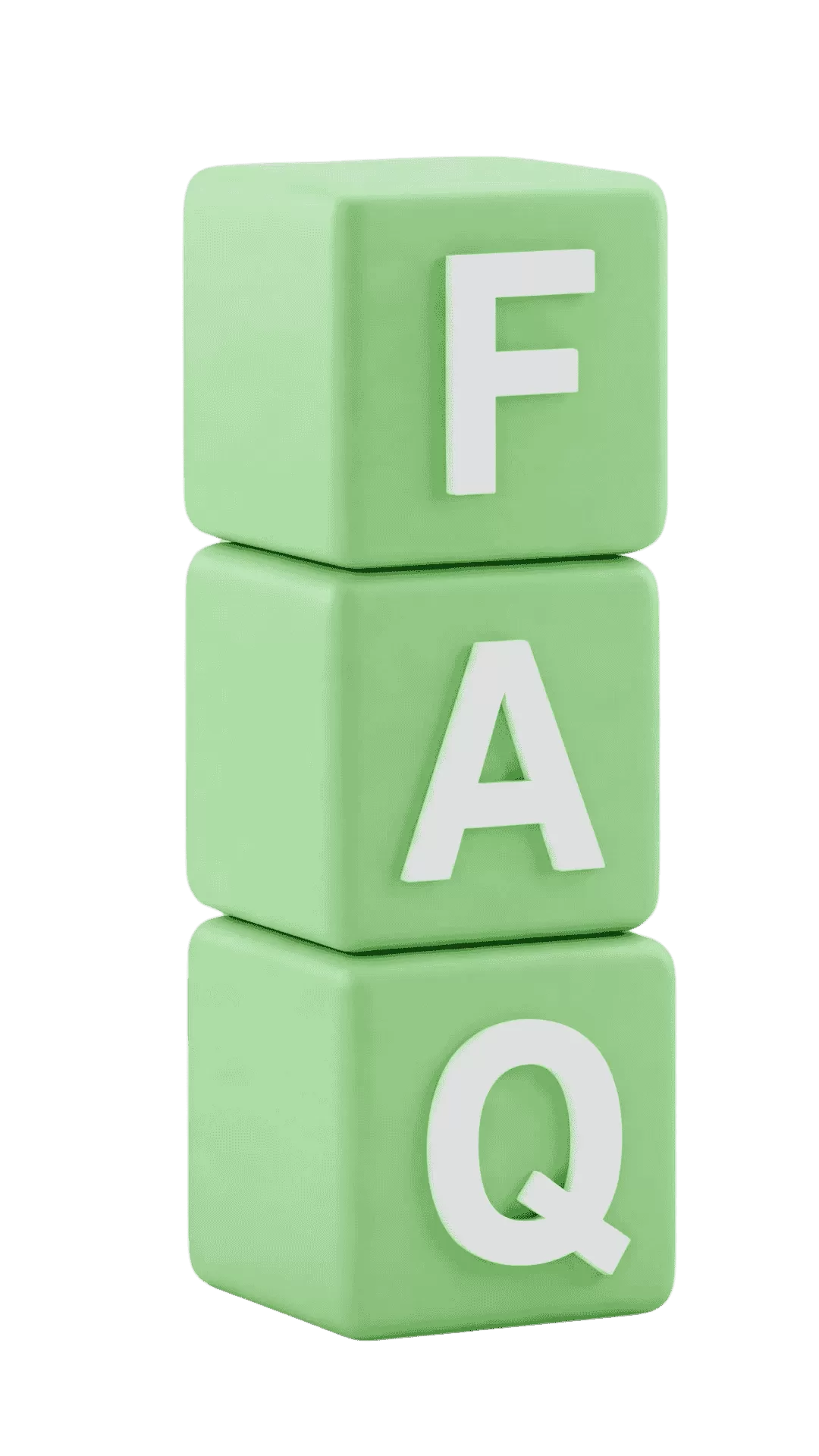1.1: Identify and describe components of the rhetorical situation: the exigence, audience, writer, purpose, context, and message
1.2: Identify and explain claims and evidence within an argument
1.3: Develop a paragraph that includes a claim and evidence supporting the claim
2.1: Explain how an argument demonstrates understanding of an audience’s beliefs, values, or needs
2.2: Demonstrate an understanding of an audience’s beliefs, values, or needs
2.3: Identify and explain claims and evidence within an argument
2.4: Develop a paragraph that includes a claim and evidence supporting the claim
2.5: Identify and describe the overarching thesis of an argument, and any indication it provides of the argument’s structure
2.6: Write a thesis statement that requires proof or defense and that may preview the argument
3.1: Identify and explain claims and evidence within an argument
3.2: Develop a paragraph that includes a claim and evidence supporting the claim
3.3: Describe the line of reasoning and explain whether it supports an argument’s overarching thesis
3.4: Develop a line of reasoning and commentary that explains it throughout an argument
3.5: Recognize and explain the use of methods of development to accomplish a purpose
3.6: Use appropriate methods of development to advance an argument
4.1: Identify and describe components of the rhetorical situation: the exigence, audience, writer, purpose, context, and message
4.2: Write introductions and conclusions appropriate to the purpose and context of the rhetorical situation
4.3: Identify and describe the overarching thesis of an argument, and any indication it provides of the argument’s structure
4.4: Write a thesis statement that requires proof or defense and that may preview the structure of the argument
4.5: Recognize and explain the use of methods of development to accomplish a purpose
4.6: Use appropriate methods of development to advance an argument
5.1: Describe the line of reasoning and explain whether it supports an argument’s overarching thesis
5.2: Develop a line of reasoning and commentary that explains it throughout an argument
5.3: Explain how the organization of a text creates unity and coherence and reflects a line of reasoning
5.4: Use transitional elements to guide the reader through the line of reasoning of an argument
5.5: Explain how word choice, comparisons, and syntax contribute to the specific tone or style of a text
5.6: Strategically use words, comparisons, and syntax to convey a specific tone or style in an argument
6.1: Identify and explain claims and evidence within an argument
6.2: Develop a paragraph that includes a claim and evidence supporting the claim
6.3: Identify and describe the overarching thesis of an argument, and any indication it provides of the argument’s structure
6.4: Write a thesis statement that requires proof or defense and that may preview the structure of the argument
6.5: Explain how word choice, comparisons, and syntax contribute to the specific tone or style of a text
6.6: Strategically use words, comparisons, and syntax to convey a specific tone or style in an argument
7.1: Identify and describe components of the rhetorical situation: the exigence, audience, writer, purpose, context, and message
7.2: Write introductions and conclusions appropriate to the purpose and context of the rhetorical situation
7.3: Explain ways claims are qualified through modifiers, counterarguments, and alternative perspectives
7.4: Qualify a claim using modifiers, counterarguments, or alternative perspectives
7.5: Explain how writers create, combine, and place independent and dependent clauses to show relationships between and among ideas
7.6: Write sentences that clearly convey ideas and arguments
7.7: Explain how grammar and mechanics contribute to the clarity and effectiveness of an argument
7.8: Use established conventions of grammar and mechanics to communicate clearly and effectively
8.1: Explain how an argument demonstrates understanding of an audience’s beliefs, values, or needs
8.2: Demonstrate an understanding of an audience’s beliefs, values, or needs
8.3: Explain how word choice, comparisons, and syntax contribute to the specific tone or style of a text
8.4: Strategically use words, comparisons, and syntax to convey a specific tone or style in an argument
8.5: Explain how writers create, combine, and place independent and dependent clauses to show relationships between and among ideas
8.6: Write sentences that clearly convey ideas and arguments
9.1: Explain ways claims are qualified through modifiers, counterarguments, and alternative perspectives
9.2: Qualify a claim using modifiers, counterarguments, or alternative perspectives
Identify strengths, weaknesses, and needs.
Set academic goals with a clear learning roadmap.
Develop a detailed and structured study plan.
Teachers provide close guidance and adapt flexibly to maximize learning outcomes.
Identify strengths, weaknesses, and needs.

Set academic goals with a clear learning roadmap.

Develop a detailed and structured study plan.

Teachers provide close guidance and adapt flexibly to maximize learning outcomes.

Teaches:
Curriculum:

Teaches:
Curriculum:

Teaches:
Curriculum:

Teaches:
Curriculum:

Teaches:
Curriculum:

Teaches:
Curriculum:

Teaches:
Curriculum:

Teaches:
Curriculum:
| Condition / Feature | Standard | Premium | Platinum |
|---|---|---|---|
| 🌟Target Score Commitment | ❌ | ❌ | ✅ |
| Worksheets and Lesson Notes | ✅ | ✅ | ✅ |
| In-class Exercises and Solutions | ✅ | ✅ | ✅ |
| Extra Homework | ✅ | ✅ | ✅ |
| Exam-style and Past Papers | ✅ | ✅ | ✅ |
| Question Bank | ✅ | ✅ | ✅ |
| Saturday Morning Homework Support | ❌ | ✅ | ✅ |
| Fixed Teacher | ❌ | ✅ | ✅ |
| Support for IA, EE, TOK | ❌ | ✅ | ✅ |
| After-hours Message Response (until 9:30 PM) | ❌ | ✅ | ✅ |
| Initial Teacher & Student Meeting (Welcome Meeting) | ✅ | ✅ | ✅ |
| Teacher & Parent Conference | ❌ | ✅ | ✅ |
| Periodic Academic Reports | ✅ | ✅ | ✅ |
| Teacher's Feedback and Evaluation After Each Class | ✅ | ✅ | ✅ |
| Rescheduling Policy (Notice within working hours) | 24 hours | 12 hours | 06 hours |
| Exam Pass Commitment | ✅ | ✅ | ✅ |
Do not hesitate to contact Intertu


191 Nguyen Van Huong Street, Thao Dien Ward, Thu Duc City, Ho Chi Minh City
info@intertu.edu.vn
Phone : (028) 22426282 Zalo : 0971515265
Liên hệ ngay